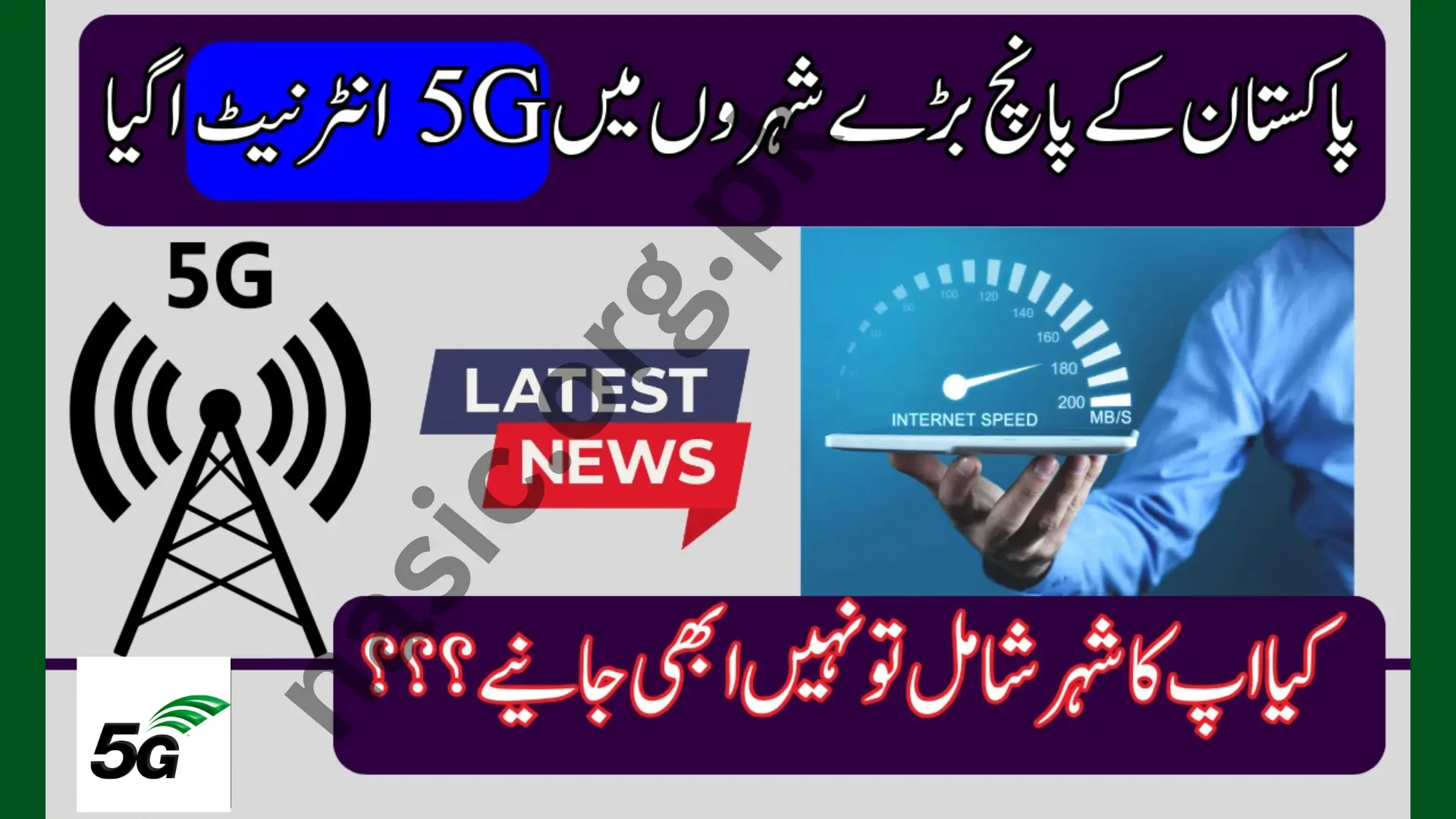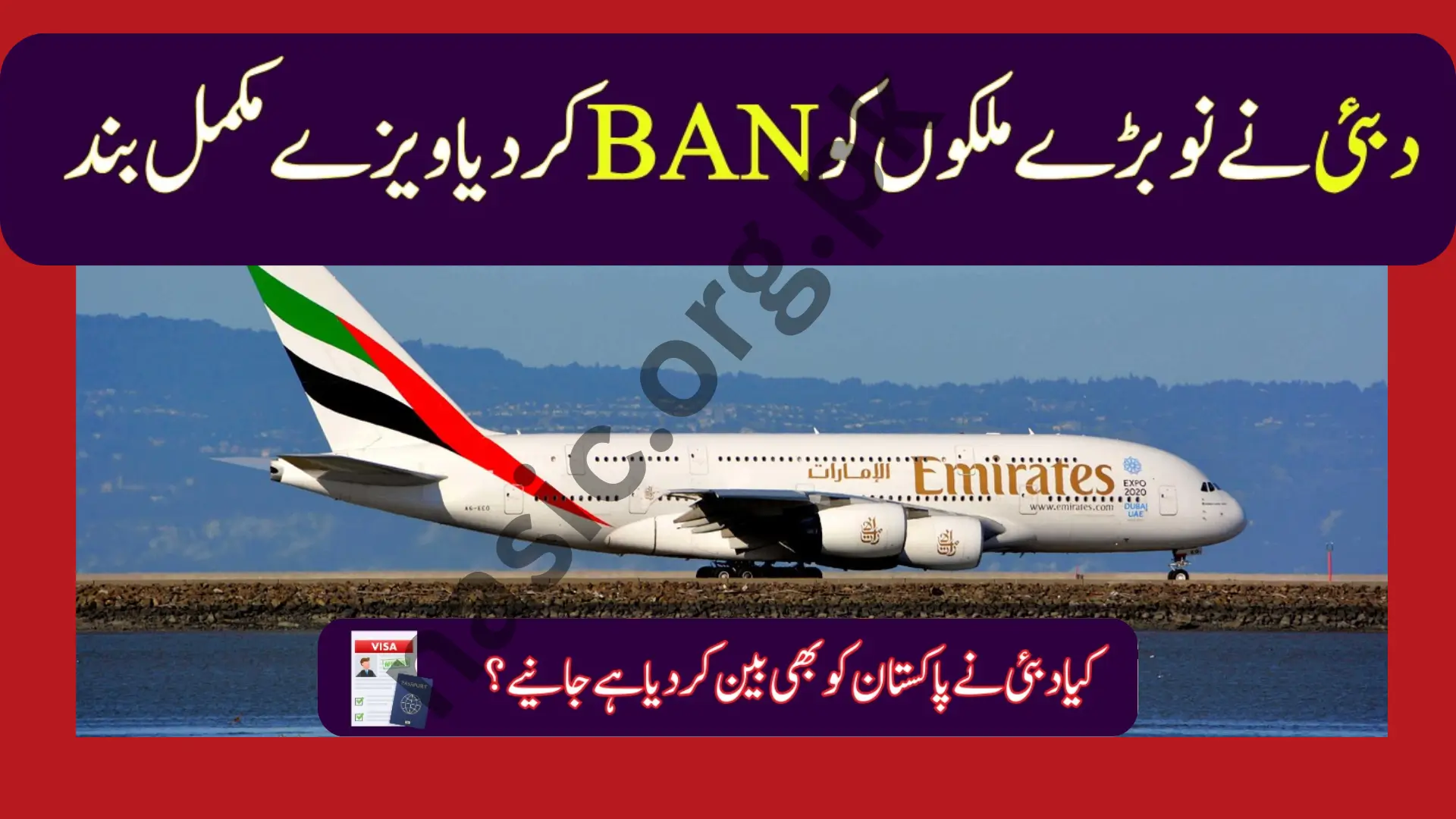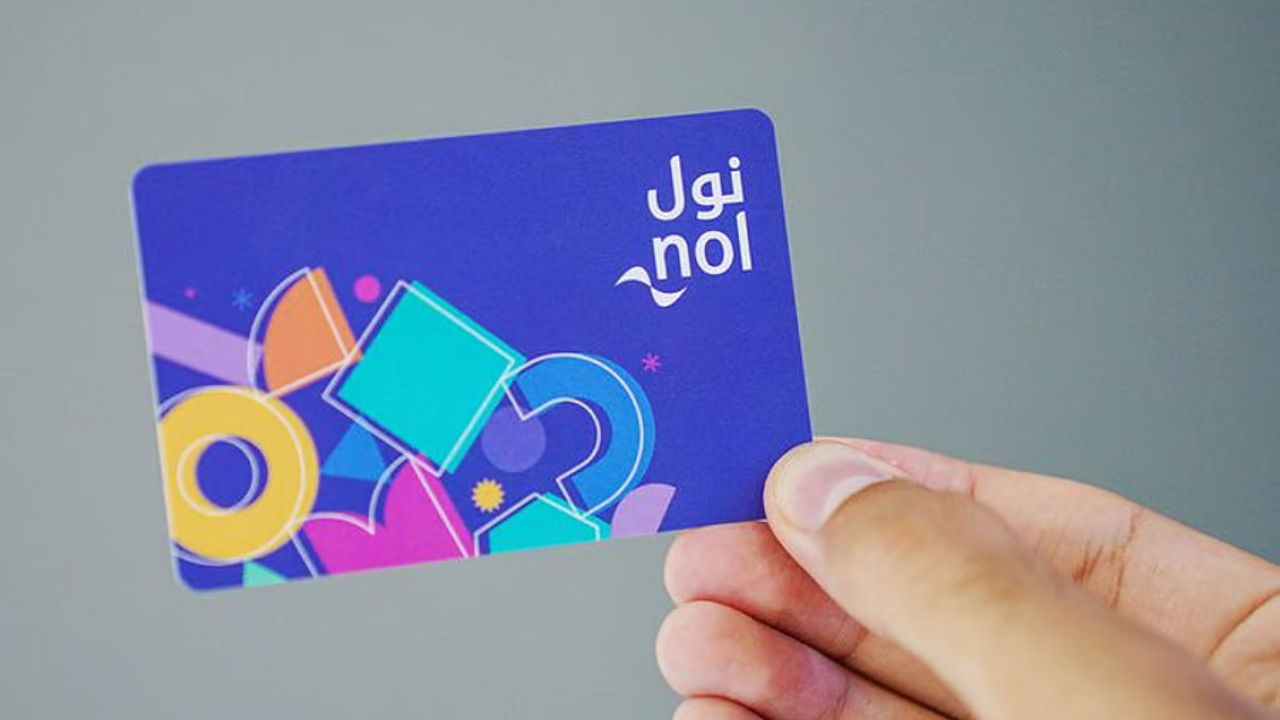Pakistan is finally preparing for its biggest digital upgrade yet — the launch of 5G technology. Federal Minister for IT and Telecommunication Shaza Fatima Khawaja announced that 5G will be rolled out in seven major cities within the coming months. The announcement was made at the inauguration of the 26th ITCN Asia Expo in Karachi, where the minister shared Pakistan’s digital future, challenges, and opportunities.
This article explains what the government announced, the financial hurdles, the role of artificial intelligence (AI), and how 5G will transform Pakistan’s economy and connectivity.
5G Rollout – Starting with Seven Major Cities
According to the IT minister, the first phase of 5G will cover seven cities, although the exact names have not yet been officially confirmed. These cities are expected to include Karachi, Lahore, Islamabad, Peshawar, Quetta, Faisalabad, and Multan, given their population size and economic importance.
The aim is not just to improve internet speed but to pave the way for smart cities, e-governance, digital banking, and AI-driven industries.
Challenges & Financial Strain of 5G
Launching 5G is not simple. Minister Khawaja admitted that Pakistan faces high financial costs in adopting this next-generation technology.
- The Pakistan Telecommunication Authority (PTA), in its 2024 report, warned that shifting to 5G would be challenging despite growing demand for broadband.
- Infrastructure upgrades such as fiberisation and additional towers require billions of rupees in investment.
- Telecommunication companies are under pressure because of foreign exchange issues and rising operational costs.
However, the minister reassured that the government is fully committed to digital transformation and recently signed an IT cooperation agreement with Saudi Arabia to strengthen Pakistan’s digital infrastructure.
Digital Pakistan Vision & Economic Stability
The rollout of 5G is part of the Digital Pakistan initiative, which directly links technology to economic growth.
The IT minister highlighted that:
- Pakistan has moved beyond default concerns.
- Inflation is slowly easing.
- Macroeconomic indicators are improving.
She also stressed that Karachi carries the weight of the country’s economy, and the introduction of 5G will further boost trade, fintech, and entrepreneurship.
Artificial Intelligence Policy & Youth Training
One of the biggest announcements was about AI and youth empowerment.
- The federal cabinet has approved Pakistan’s first AI policy.
- By the end of the year, 500,000 to 1 million young people will be trained in AI, machine learning, and cybersecurity.
- These trainings aim to prepare youth for future jobs, as traditional roles will be replaced by tech-driven positions.
“Those who know the right use of technology will replace traditional positions,” Khawaja emphasized, urging the youth to embrace digital opportunities.
Connectivity Issues & Cybersecurity Concerns
Pakistan still struggles with weak mobile and internet services. The minister explained that recent disruptions were caused by two damaged submarine cables near Jeddah in the Red Sea.
To solve this:
- The government is expanding submarine cable capacity.
- Nationwide fiberisation projects are underway for more reliable internet.
On cybersecurity, the minister revealed that hacking attempts from India were successfully blocked, and no government websites were compromised during recent tensions.
Benefits of 5G for Pakistan
The introduction of 5G will bring huge benefits to Pakistan’s economy and society.
| Sector | Impact of 5G |
|---|---|
| Education | Faster access to online learning, smart classrooms |
| Healthcare | Remote surgeries, telemedicine services |
| Agriculture | Smart farming with IoT devices |
| Banking & Fintech | Safer, faster digital transactions |
| Business & Industry | Automation, AI integration, e-commerce growth |
| Public Services | Smart cities, digital governance |
FAQs
1. When will 5G launch in Pakistan?
5G is expected to launch in seven cities within the coming months of 2025, starting with major metropolitan areas.
2. Which cities will get 5G first?
Although not officially confirmed, the rollout will likely include Karachi, Lahore, Islamabad, Peshawar, Quetta, Faisalabad, and Multan.
3. What are the main challenges in adopting 5G in Pakistan?
The main challenges include high infrastructure costs, foreign exchange issues, and the need for stronger digital security.
4. How will 5G benefit Pakistan’s youth?
5G will enable AI-driven jobs, freelancing opportunities, and access to global markets, especially when paired with the government’s training programs.
5. Is Pakistan ready for 5G?
Yes, but readiness depends on infrastructure upgrades, financial investment, and strong regulation. The government is taking active steps to meet these requirements.
Conclusion
The announcement of Pakistan’s 5G launch in seven cities marks a turning point in the country’s digital future. Despite challenges such as financial strain, infrastructure gaps, and connectivity issues, the government is determined to move ahead with its Digital Pakistan vision.
With AI training for youth, cybersecurity measures, and improved submarine cable capacity, Pakistan is preparing for a major leap forward in technology.













